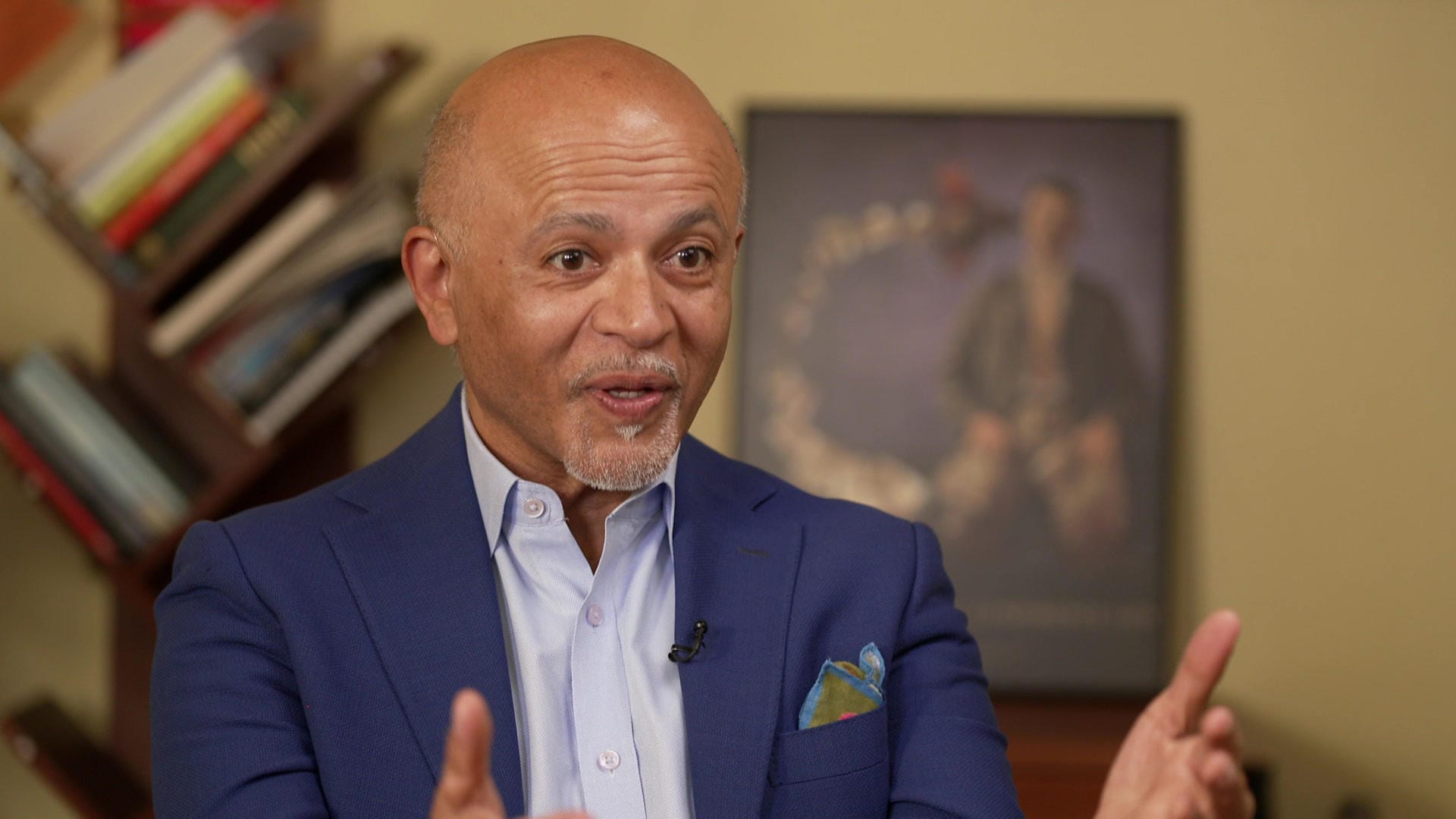Introduction to Abraham Verghese
A Unique Voice in Medicine and Literature
Abraham Verghese isn’t your average doctor. He’s also a storyteller—a rare breed who blends the world of healing with the power of the written word. His voice bridges the emotional gap between patients and doctors, offering comfort through compassion and narrative.
Why Abraham Verghese Matters Today
In an age where technology often overshadows human connection, Verghese’s work reminds us of the importance of empathy, the art of listening, and the sacred doctor-patient bond. His stories touch lives, not just in hospital rooms but in homes, libraries, and classrooms across the globe.
Early Life and Background
Born in Ethiopia, Raised with Indian Roots
Abraham Verghese was born in 1955 in Addis Ababa, Ethiopia, to Indian parents from Kerala. Growing up in Africa, he experienced a fascinating mix of cultures. The stories of his childhood reflect a world both beautiful and unstable.
Immigration and Adaptation
When political unrest erupted in Ethiopia, his family moved back to India. Later, Verghese migrated to the United States to pursue medical training, beginning a journey that would blend two lifelong passions: healing and writing.
Family Influence and Education
Inspired by his parents’ dedication to education, Verghese pursued medicine in Madras (now Chennai), India. His deep-rooted values of discipline and empathy came from this formative environment.
Academic and Medical Journey
From Madras to Johnson City
After finishing medical school in India, Verghese began his medical residency in Johnson City, Tennessee. Culture shock? Absolutely. But it was here he would find his calling—not just in medicine, but in chronicling stories of the suffering, marginalized, and voiceless.
Medical Training in the U.S.
He furthered his training in internal medicine and infectious diseases. These experiences would later form the emotional core of his debut memoirs.
Emory University and Beyond
He earned his MFA in creative writing from the Iowa Writers’ Workshop while working full-time as a physician. Talk about juggling lives!
The HIV/AIDS Era—A Turning Point
Serving in Rural Tennessee
In the 1980s, during the HIV/AIDS epidemic, Verghese treated patients in rural Tennessee. Many were ostracized, isolated, and dying in silence. He gave them something rare—dignity and compassion.
Lessons from the Epidemic
This chapter of his life led to his breakout memoir, “My Own Country,” a raw, heartbreaking portrayal of life, death, and humanity. He didn’t just treat patients; he bore witness to their stories.
Abraham Verghese, the Author
Merging Medicine with Storytelling
Writing became a second stethoscope for Verghese—one that listened to the deeper rhythms of life. He used words to soothe, connect, and bring healing to more than just bodies.
Key Literary Works
“My Own Country” (1994)
A memoir of the HIV epidemic in Tennessee, hailed as one of the best books of the year by Time magazine.
“The Tennis Partner” (1998)
A deeply personal story about his friendship with a medical resident struggling with addiction. Honest, emotional, and unforgettable.
“Cutting for Stone” (2009)
His bestselling novel—a sweeping family saga set in Ethiopia that blends medicine, betrayal, and identity. It’s a must-read.
“The Covenant of Water” (2023)
A literary triumph spanning generations, this novel explores the burdens of illness and the resilience of love within a South Indian family.
Themes in Verghese’s Writing
Compassion and Human Connection
His characters are deeply flawed, utterly human, and always deserving of empathy. He doesn’t write about patients—he writes about people.
Cultural Identity and Displacement
Verghese’s stories often navigate the tension between tradition and modernity, East and West, and identity and belonging.
Medicine as a Sacred Practice
He advocates for “the human touch,” where healing is not just about prescriptions but presence and understanding.
Teaching and Mentorship
Stanford School of Medicine
As a professor at Stanford, Verghese pioneered the “Stanford 25,” a hands-on initiative teaching the physical exam—emphasizing that touch matters in diagnosis.
Advocating for the Human Touch in Healthcare
In a world of AI and robotic surgery, Verghese reminds doctors to look, listen, and touch—the simple acts that make all the difference.
Awards and Recognitions
National and Global Honors
He’s a member of the National Academy of Medicine, a recipient of the Heinz Award, and even received the National Humanities Medal from President Obama.
Influence on Medicine and Literature
He has redefined how we teach medicine, write about illness, and empathize with the suffering.
The Covenant of Water—His Latest Epic
Ancestry, Illness, and the Power of Family
Set in Kerala from 1900 to the 1970s, the story follows a family plagued by a strange hereditary condition. It’s haunting and lyrical.
Reception and Critical Acclaim
The book became an instant bestseller and was selected for Oprah’s Book Club—a rare feat that spotlights literary and emotional depth.
Verghese’s Writing Style
Rich, Poetic, and Grounded in Humanity
His prose is like classical music—layered, elegant, and soul-touching.
Realism Blended with Heart
You don’t just read his books; you feel them. Every page pulses with life.
Impact on Readers and Society
Inspiring a New Generation of Doctors
Medical students read his work not just to learn medicine, but to learn why they wanted to practice it in the first place.
Literature that Heals
His books are not just for doctors or patients—they’re for anyone who has ever loved, lost, or longed to understand life better.
Quotes That Reflect His Philosophy
“The most important innovation in medicine to come in the next 10 years: the power of the human hand.”
“A good physician treats the disease; the great physician treats the patient who has the disease.”
Challenges Faced and Overcome
Despite cultural shifts, immigration struggles, and working through the darkest health crises, Verghese kept telling stories that matter.
What’s Next for Abraham Verghese?
With his rising influence and literary grace, readers can expect more books, more lessons, and more heart from this physician-author.
Conclusion
Abraham Verghese is more than a doctor, more than a writer—he’s a beacon of what it means to be fully human in an increasingly impersonal world. His books heal in ways medicine sometimes can’t. In every sentence, he reminds us: healing isn’t just about science—it’s about story.
FAQs
1. What is Abraham Verghese’s background?
He was born in Ethiopia to Indian parents, trained in medicine in India and the U.S., and is now a professor and author in California.
2. What are some must-read books by Abraham Verghese?
“My Own Country,” “The Tennis Partner,” “Cutting for Stone,” and “The Covenant of Water” are essential reads.
3. How does Verghese blend medicine with literature?
He uses storytelling to humanize medicine, portraying patients not as cases but as complex individuals.
4. Why is “Cutting for Stone” so popular?
It combines an epic story with emotional depth, medical insight, and unforgettable characters.
5. What message does “The Covenant of Water” deliver?
It reflects on family, suffering, resilience, and how illness shapes generations.



